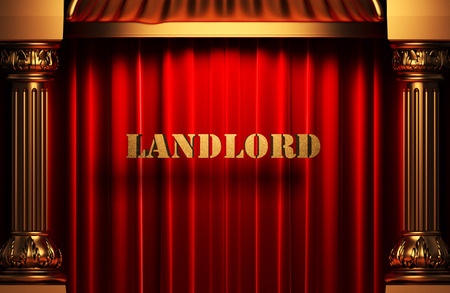How Successful Landlords Handle Rentals
Landlords who choose to take shortcuts on things such as screening applicants, skimping on proper insurance, or using ineffective legal documents such as a lease agreement, usually end up with miserable landlord experiences and will usually pay for it later with unpleasant and expensive surprises.
The only shortcut a Landlord should take is the one introduced by listening to the pros about how to properly handle rental properties by avoiding preventable problems.
Use these tips to learn from the experts on how to manage your rental properties.
Tip # 1: Don’t take short cuts when screening applicants
Always make sure you screen your tenants’ credit, financial stability, employment, criminal activity, and cleanliness from previous Landlords. Make sure you do your own screening checks for these items and don’t readily accept documents an applicant produces to show you how great of a potential tenant they are. Everything from credit and criminal reports to pay stubs to letters from previous Landlords can be doctored to show you how great of a candidate your applicant is. Make sure you do your own checks to confirm any and all information an applicant provides you with your rental application.
Tip # 2: Check References
Make sure that the name on the application is verified with a government issued ID. If you don’t, you might find that the applicant you thought you had is actually someone else. You can get duped into thinking you have an A+ tenant on your hands only to find out that your tenant is not only dirty and destructive to your rental property, but also a non-paying tenant.
Also, since current Landlords might give a good recommendation for a tenant that they want to get rid of so that the bad tenant can become your problem and not theirs, make sure you verify a tenant’s history with their past, and not current, Landlord.
Tip # 3: Buy MORE insurance then you need
Being properly protected is more then just screening a prospective tenant. It’s making sure you have the proper insurance to cover you in the event of a catastrophic event. Increasing your insurance limits by tens of thousands, and even hundreds of thousands of dollars might only mean an annual increase of a few dollars to your premium. However, in the event that you experience a catastrophic event and need to use your insurance, you’ll want to make sure you had enough. Insurance is one of those things that you never want to use, and can’t get when you actually need it. So make sure you’re properly protected BEFORE you need it.
Additionally, you should make sure that your rental properties are insured for “loss of income” in the event that your rental property burns to the ground and you have to rebuild the property. Since you’ll still be on the hook with your lender for the mortgage payment and/or be counting on the rental income to support your lifestyle, you’ll want to make sure that your insurance isn’t just to replace the existing property but to also replace the income lost from not being able to rent your property.
Lastly, a Landlord’s first line of protection is mandating that the Landlord’s tenants obtain renters insurance. If your renters have renters insurance it will be used first in the event of a fire and could keep your insurance from having a claim on it, which in turn will keep your premiums lower.
Tip # 4: Make sure you have all of the appropriate legal documents you need
One of a Landlord’s biggest problems is not knowing the law and not having all of the necessary rental forms a Landlord needs to be successful. It’s not enough to only have a rental application and a rental lease. To be successful at being a landlord you need to have appropriate application documents, move-in documents, notices to tenants, and move-out documents. You could be leaving countless dollars on the table by not knowing how to successfully run your rental property. Worse yet, you could actually lose money from renting to non-paying tenants that prey on Landlords that don’t know the law or use the appropriate legal documents. Don’t fall victim to a preying tenant; make sure you have all of the necessary Landlord rental forms.
For more information please visit us at www.LandlordTenantDocuments.com
We are not attorneys, are not providing any individuals with direct advice, and all articles are written for entertainment purposes only and are only to be used as such.

